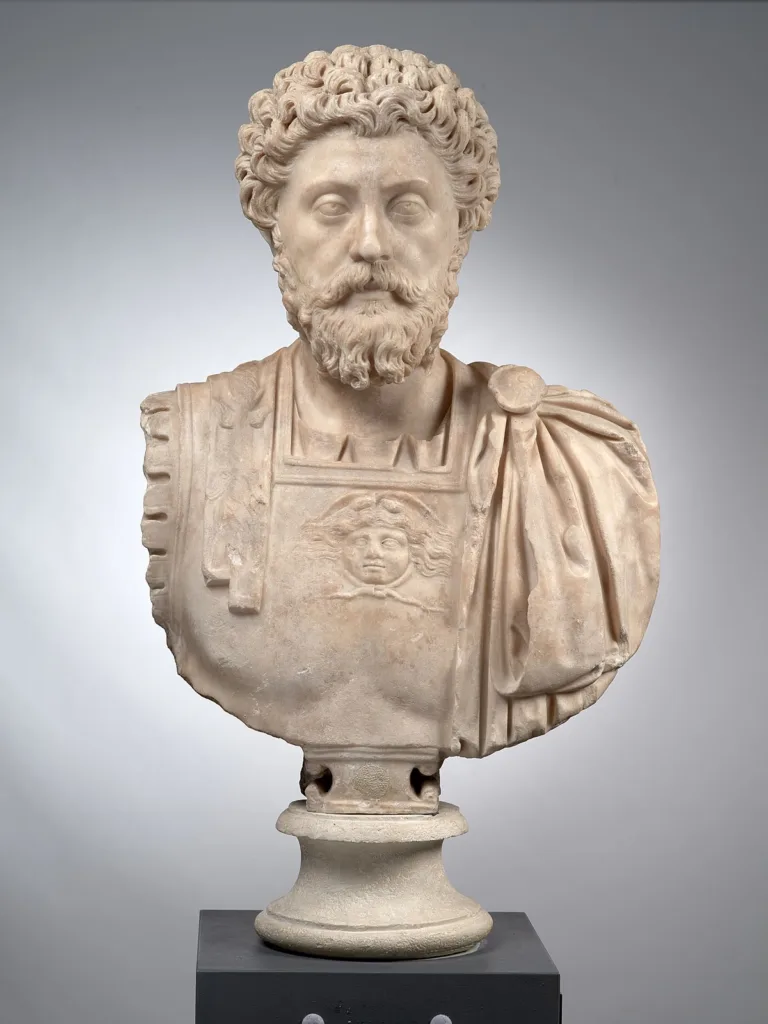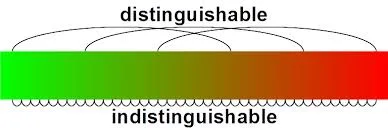The Problem Of Pain
Why do bad things happen to good people? If God exists, why doesn’t He stop the most heinous acts of cruelty and worst examples of suffering? God, if you believe in God’s existence, is supremely Good and all powerful. Therefore, the fact that suffering exists means that God is neither supremely good, nor all powerful, in which case God is not God. At least that is what many people argue.
It is important to clarify that when people mention suffering as an argument against God, they are not talking about trivial suffering. No one argues that not making the soccer team or doing poorly on a test is grounds for God not existing. Their examples concern the absolute worst suffering and tragedy. Events like the Holocaust, or a 4 year old getting cancer. Their examples of suffering go beyond the type of suffering that you can recover and gain strength from.
These are the type of events that people pray: “God, if you are there, please don’t let this happen to me or someone I love. That is all I ask.” And then it still does. The argument would be that God does not need to intervene to stop all suffering, but should intervene in the most extreme cases.
I should preemptively note that were I to suffer such horrific suffering as people bring up, I am not sure that I would be in the mental state to make or even accept the following arguments, which come from C S Lewis. I suspect that if I suffered the horrific things used in the aforementioned examples, I would believe that the following arguments are clever, but meaningless words in the face of reality.
We are tied to the biological realities of our being. Therefore, certain things could happen to us that would render our separate, philosophical reasoning, unable to work properly. This is to say that it is completely understandable for anyone who has experienced certain tragedies to not accept philosophical arguments explaining how God could have allowed them. But it must be recognized that this doesn’t necessarily make the arguments that will be given logically unsound.
The following arguments are simply restating or paraphrasing ideas from C S Lewis’ book The Problem of Pain. Lewis starts at how two different beings can exist while knowing each other’s existence. He says that they must both exist in a neutral environment that is different from both of them. This environment cannot be under either of their control, otherwise it would be impossible for the person who controls the environment to be aware of the other person.
This neutral environment must have fixed biological properties. That is the only way for a stable, consistent environment. The fixed properties of nature mean that people can harness the environment to create other things. Trees can be made into paper. Bullets and all types of weapons can be made. In other words, people can manipulate the fixed properties of nature to harm others.
But why can’t people be prevented from manipulating nature to harm others? Well that is another way of asking why people cannot be programmed to not harm others. That is the essence of the free will question. The reason is that if one does not have the choice to be bad, then one cannot be good. God could create human automatons with only the capacity to be bad in the most benign way.
If there were such a limit imposed on people’s ability to be evil, it would prevent the capacity to be good in the most real sense. If no actions by humans were possible to cause profound suffering, there would be no “good” people. This is because “good” and “bad” as character descriptors, are descriptions of essential natures of people that are conducive to good or bad lives.
If life was defaulted to not have acute suffering as a possibility, there would be no “goodness” (indeed, as opposed to what?) to describe people’s moral character. For us to actually have free will, all possibilities of human thought and experience must be open. And all possibilities of human happiness or suffering must be open, for the character trait called “good” to have any meaning.
“Ok, people must be allowed to have the capacity to be as good or as evil as is possible. But why can’t God stop certain actions that result from wickedness that will cause immeasurable suffering?” God cannot do this for the same reason God must allow free will. If God removed the capacity to make others suffer, then not making others suffer would cease to be a virtue.
The logical conclusion of God preventing evil from being carried out is that God would stop all bad things. One can see the difference between someone tripping another person and someone causing a genocide. No one asks God to prevent incidents like the former. But the problem is that there is no arbitrary line. Why shouldn’t God stop every single murder or assault? If God were to do this, He would be inserting himself into life too much for us to have free will.
I can suspect some objections. And I have wondered about them myself. “It’s quite easy to philosophize about suffering. But if you were to actually experience the soul crushing devastation that others feel, you would not accept these arguments as enough.” I acknowledge that it is very possible that I wouldn’t. But that would simply represent my biological self not having the ability to withstand a certain amount of suffering before breaking.
Put another way, imagine if I were sure of a certain fact. But someone tortured me until I renounced that fact. My renouncing that fact would not mean I didn’t believe that fact. It would simply mean that I have a certain threshold for pain. If that threshold is passed, my biological makeup will compel me to say anything to make the pain stop. Enough physical, emotional or mental duress can cause one to not see philosophical arguments as enough, or renounce something that, in their right mind, they know is true.
The fixed nature of matter also plays into random tragedies. Whether because of climate or random objects that cause suffering and death for people. These are all unfortunate results of the fixed nature of matter left on its own. All properties of every atom in existence are set and left to act on their properties, or in response to other life forms. God stopping a natural disaster falls under the same category as God turning the properties of a bullet into air.
There is a lot more to this topic. And C S Lewis explains it much more eloquently in his book. I am simply acting as a messenger, adding only the smallest of my originality to the essential ideas he gives. That is why the title of this article is that of C S Lewis’ book.
It is important to know that when people talk about free will, they are not doing so flippantly. They aren’t giving a throw away response that really means “I don’t know.” It is difficult to articulate how a God could allow such suffering as we have seen through history. But that doesn’t mean that there aren’t real arguments that do.


